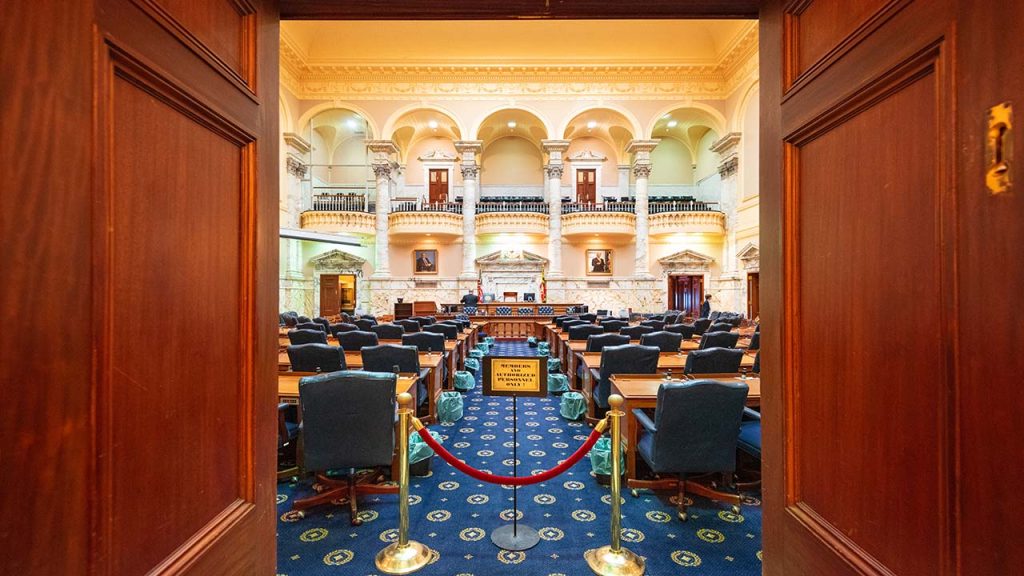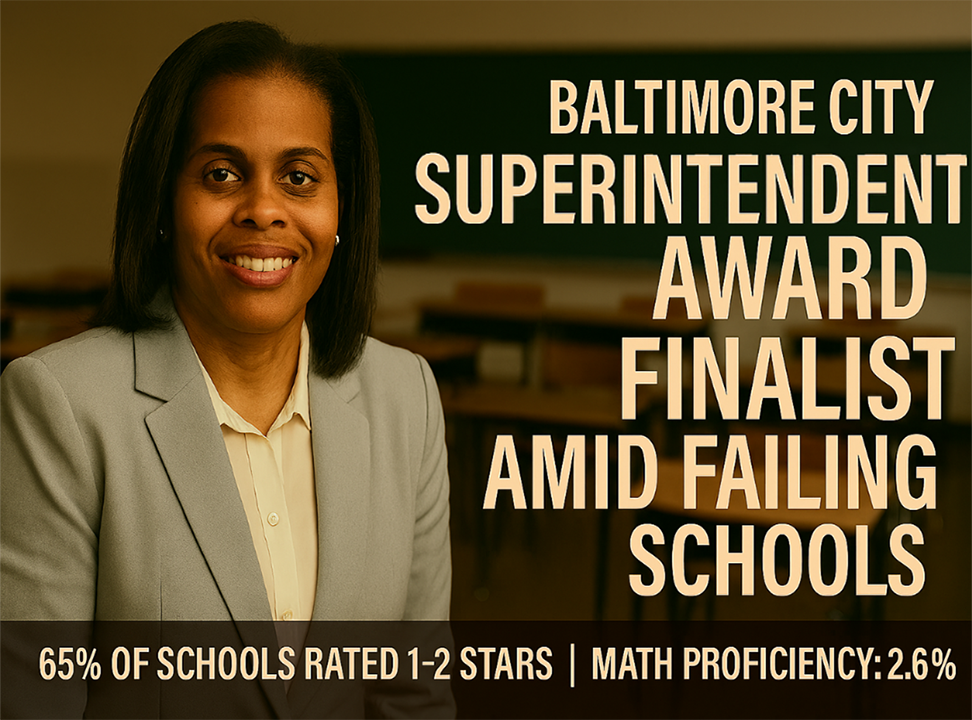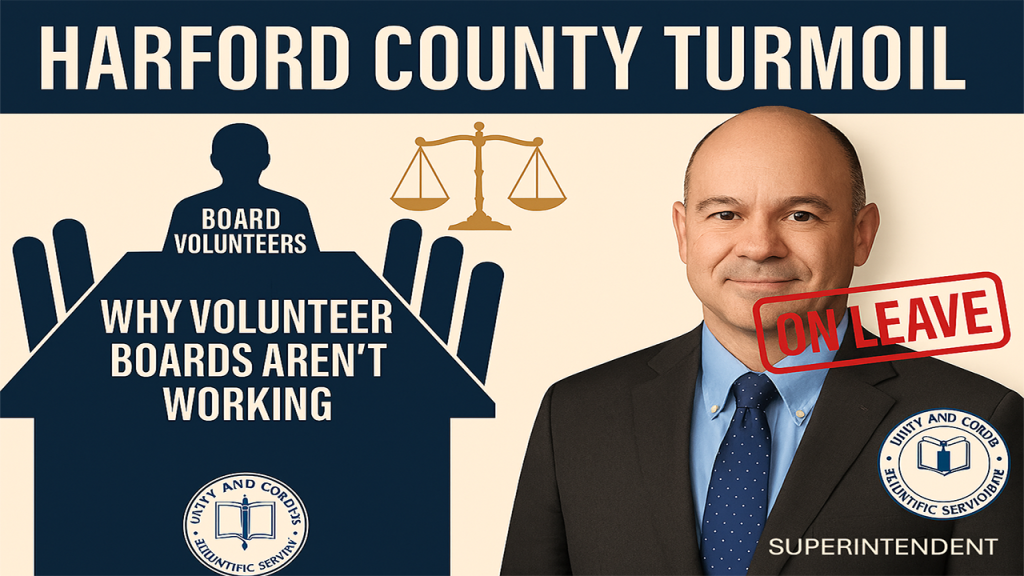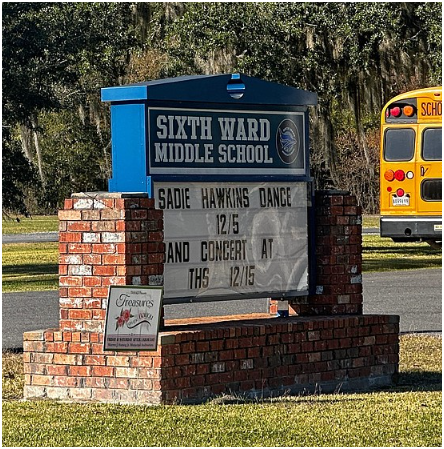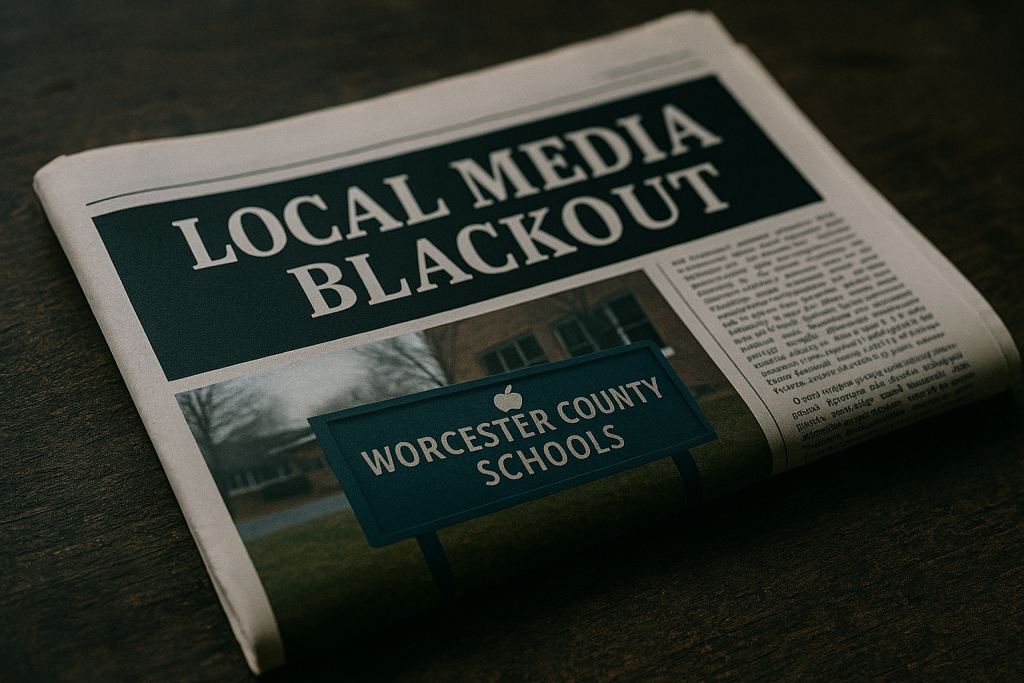
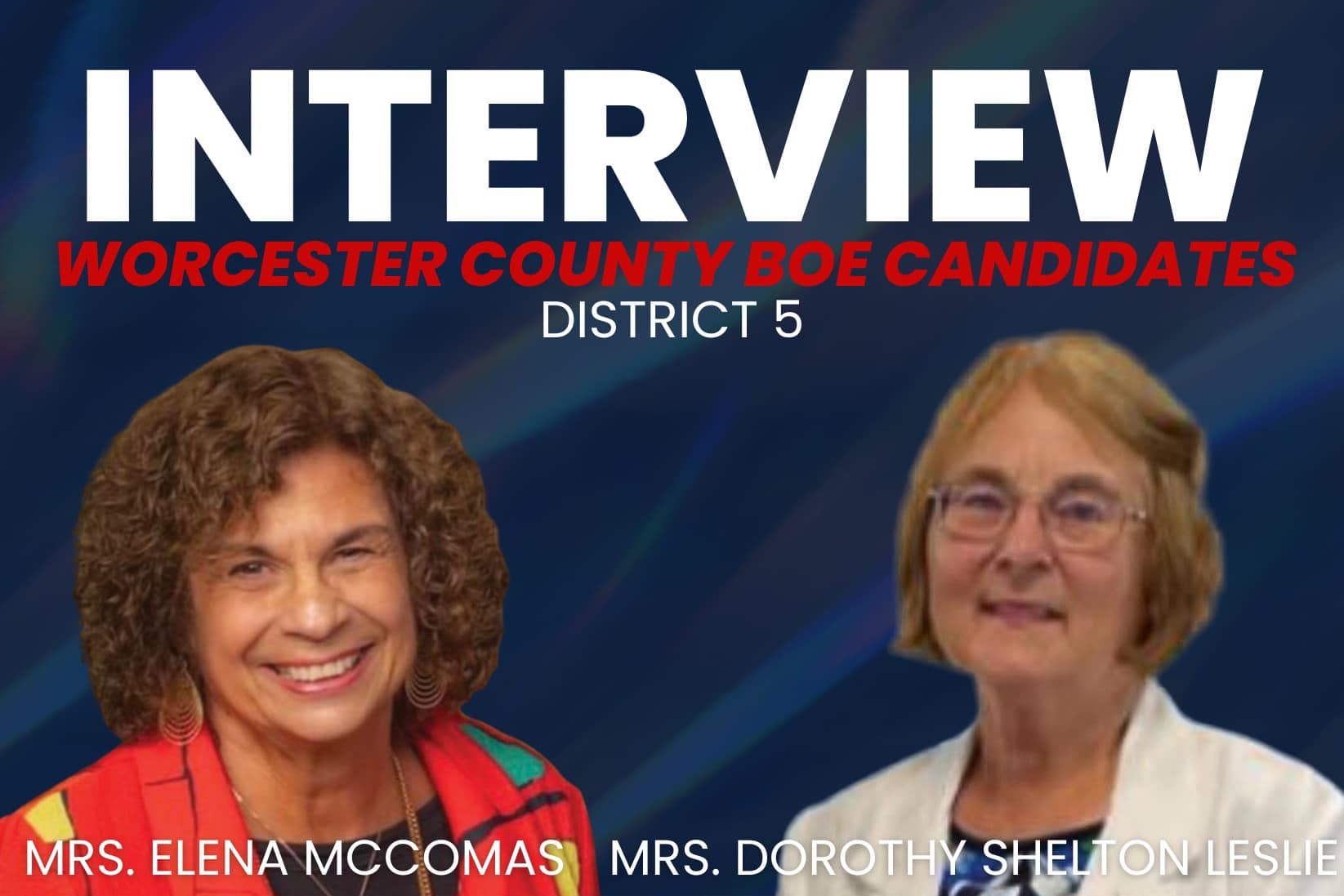
Worcester County Board of Education, District 5 Candidates Discuss Key Issues in Ocean Pines Debate
Worcester County Board of Education, District 5, Ocean Pines Interview/Debate
The interview (or debate) aired on the Mike Bradley & the WGMD Morning Team radio show on Wednesday, October 23 at about 8:15 am. The debate was focused on the perspectives of two candidates for Board of Education in District 5, Ocean Pines. The candidates are Dorothy Shelton-Leslie and incumbent Elena McComas. Each topic reflects the current and ongoing discussion in Worcester County regarding education.
Below is an overview of each candidate’s response to each question.
Opening Statements:
- Elena: Elena spoke of her 30 years of teaching experience, and deep passion for education and said she has served over seven years on the Board of Education, including terms as Vice President and President during challenging times, such as the pandemic. Elena said she advocates for local control and parental involvement in education decisions, emphasizing the need for opt-out choices. She reports that she has collaborated with local and state delegations to seek greater flexibility within state mandates and has supported initiatives like Senator Mary Beth Crosa’s Fairness in Women’s Sports Act. Elena highlighted recent successes in the district, expressing pride in their achievements.
- Dorothy: Dorothy stated that she is running because she feels she can make a difference. She outlined her 40 years of experience in education in various capacities including teacher, administrator, consultant, and more. She expressed concern that the district was moving in the wrong direction and thinks that she can help get it on the right track.
Academic Performance of Worcester County Public Schools
- Elena: Elena acknowledges Worcester County’s high standards but emphasizes that academic performance, particularly in math (34% proficiency), still requires attention. She attributes some of the lower scores to pandemic-related disruptions and highlights a disconnect between state tests and classroom standards. Elena mentions that feedback from local educators prompted the state to begin reviewing testing standards. She stands proud of the school’s internal data, which suggests better performance than state assessments indicate.
- Dorothy: Dorothy agrees that while the county’s test scores are commendable, a broader comparison reveals that it falls within the bottom half of national performance rankings. She expresses concern about the achievement gap, specifically for students who struggle academically, and emphasizes the need for public discussion on strategies to support these students. Dorothy advocates for targeted interventions, smaller group instruction, and effective use of instructional time, pushing for continuous improvement rather than settling for current achievements. She stresses that the community deserves the best outcomes for all students and encourages ongoing dialogue about elevating test scores.
Parental Involvement and Night Meetings
- Elena: Elena highlighted the importance of parental involvement, mentioning initiatives to engage families. She is not opposed to night board meetings that accommodate working parents but believes that day meetings will best serve students because they can come to the meetings to be awarded for their achievements. She states that she is supportive of the current allotment of night meetings; however, she is open to further discussion if constituents raise concern.
- Dorothy: Dorothy echoed the importance of parental involvement but criticized the current approach as insufficient, suggesting that more direct outreach and accessible communication are needed to truly engage parents. Dorothy said she believes all meetings should be at night to allow for optimal stakeholder input. She points to most other counties in the state that have night meetings.
Transgender Student Policies
- Elena: Elena defended the district’s policies on transgender students in that the school system has the option for private bathrooms for all students. She further points out that federal laws are in place that would restrict policies that might aim to address this issue. Specifically, she pointed out that federal law defines gender as that which the student chooses. She underscored the importance of respecting students’ rights and identities.
- Dorothy: Dorothy expressed apprehension about these. She fully supports the rights of individual students to feel safe, but she emphasized that, in her opinion, addressing the needs of a small portion of the student body can negatively impact the greater majority. She said that cross gender bathrooms are an excellent idea.
Critical Race Theory (CRT) and DEI Initiatives
- Dorothy: Dorothy voiced reservations about CRT and DEI initiatives, characterizing them as divisive and counterproductive to traditional educational goals. She would like to see pro-American instruction. She advocates for a curriculum focused on core academic subjects without political ideologies.
- Elena: Elena said she is not in favor of DEI either; however, WCPS provides equity through smaller class size and individualized instruction and data based approaches that result in equitable opportunities and enhancing student success. She emphasized that professional development for teachers is crucial to implementing these initiatives.
Behavioral Issues and Safety
- Elena: Elena described the district’s strategies for addressing behavioral issues, including the deployment of resource deputies and a focus on data-driven decision-making. She cited a decrease in incidents as evidence of the effectiveness of these measures. She also admitted that she was a skeptic of restorative justice types of approaches to discipline, after further evaluations with local SRDs she came to understand that restorative justice does not necessarily exclude traditional consequences.
- Dorothy: Dorothy called for stricter enforcement of discipline and higher expectations for student behavior. She expressed concern that current measures may not sufficiently deter misconduct, and that these policies must be consistently enforced. She said that while she agrees fights do occur in schools, we must strive for zero fights in schools as a goal and we should not accept less.
Blueprint for Maryland’s Future
- Elena: Elena acknowledged the challenges of funding but expressed optimism about the potential benefits of the Blueprint, particularly in early childhood education and teacher development.
- Dorothy: Dorothy expressed skepticism about the financial sustainability of the Blueprint for Maryland’s Future, raising concerns about unfunded mandates and their impact on local resources.
Closing Statements
- Elena: Elena reaffirmed her commitment to student success, local control, and safety, positioning herself as a candidate capable of navigating the complexities of educational policy.
- Dorothy: Dorothy’s Closing Statement: Dorothy expressed concerns about Elena’s voting record. She criticized Elena for what she (Dorothy) describes as voting against restricting sexually explicit materials in libraries. She criticized her for her approval of a $100 million budget without scrutiny. Dorothy stressed her experience and dedication in education and asked voters in Worcester County District 5 to elect her as their new school board member. Elena did not have an opportunity to respond.
Dig Deeper With Our Longreads
Newsletter Sign up to get our best longform features, investigations, and thought-provoking essays, in your inbox every Sunday.
The MEN was founded by John Huber in the fall of 2020. It was founded to provide a platform for expert opinion and commentary on current issues that directly or indirectly affect education. All opinions are valued and accepted providing they are expressed in a professional manner. The Maryland Education Network consists of Blogs, Videos, and other interaction among the K-12 community.




